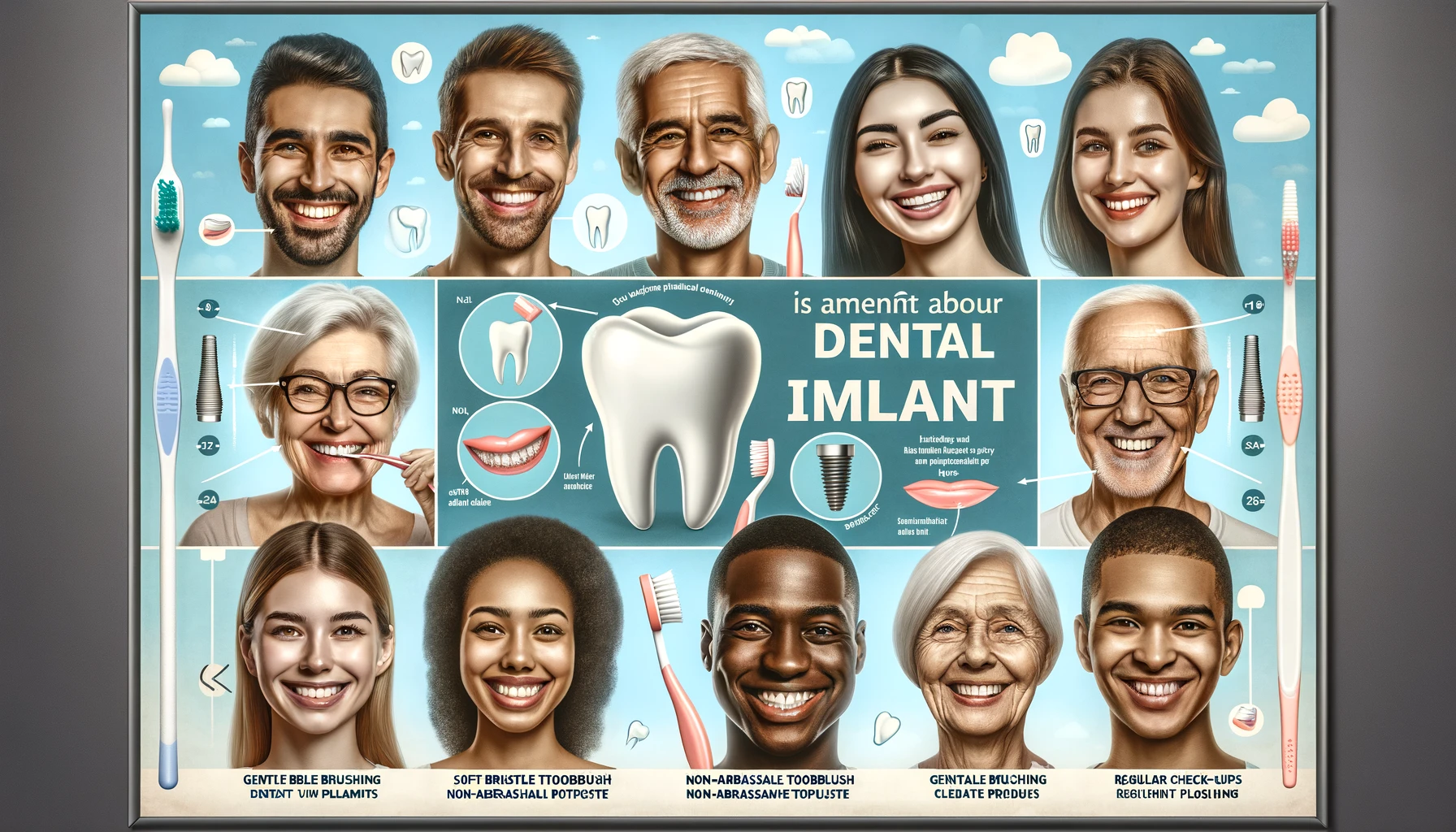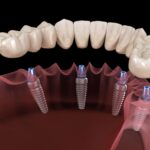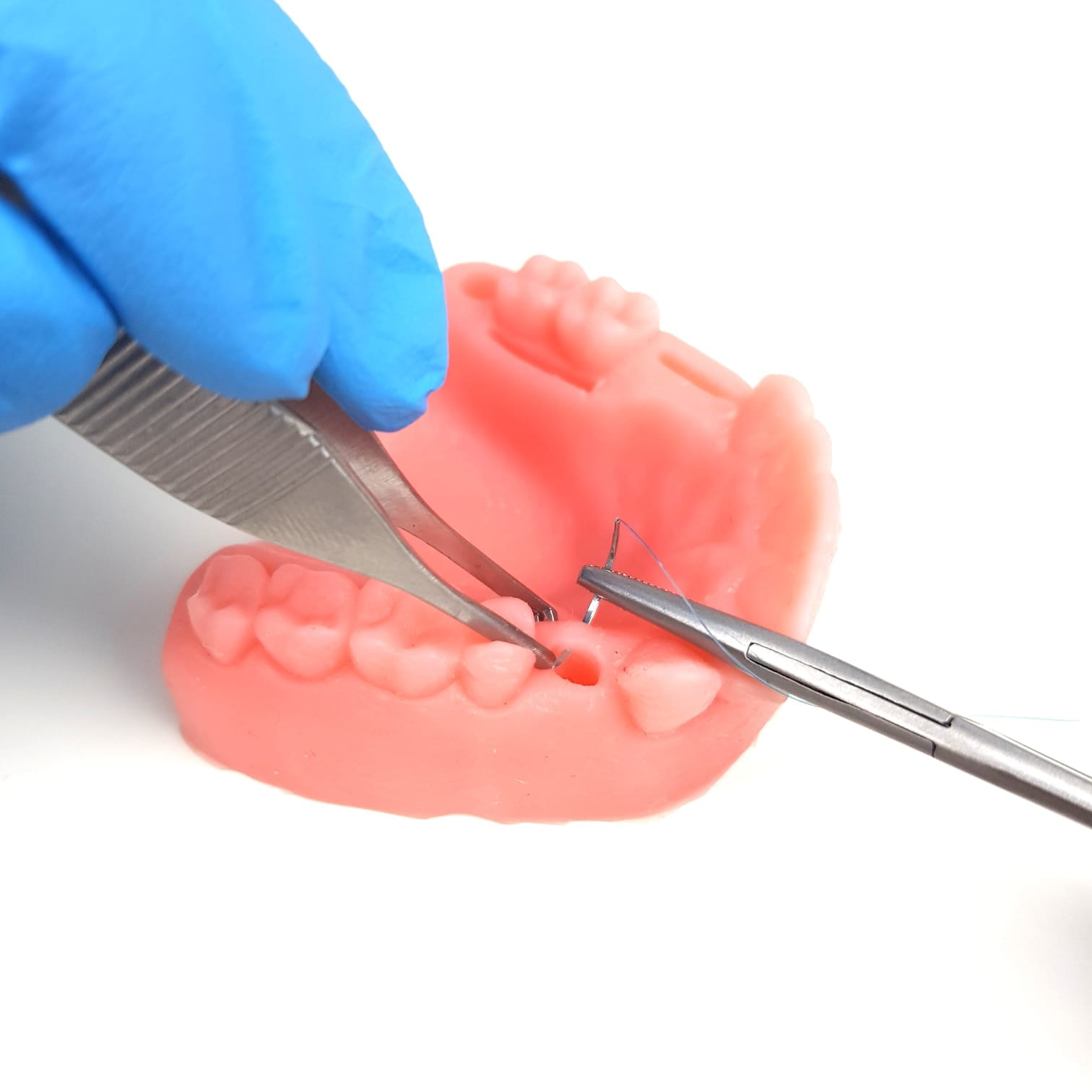In the dynamic realm of dental technology, Cavitron dental systems stand out as a revolutionary advancement in oral hygiene and periodontal care. Developed by Dentsply Sirona, a leader in dental equipment, Cavitron has transformed the way dental professionals clean and maintain patients’ teeth through its state-of-the-art ultrasonic scaling technology. This modern approach not only enhances efficiency but also prioritizes patient comfort, making it an indispensable tool in dental practices worldwide.
How Cavitron Ultrasonic Scaling Works
The Science Behind Ultrasonic Scaling
Ultrasonic scaling operates on the principle of high-frequency vibrations that effectively dislodge dental calculus (tartar) and plaque from tooth surfaces. These vibrations, typically ranging from 25,000 to 50,000 Hz, are generated through two primary mechanisms:
- Mechanical Action: The rapid vibration of the scaler tip physically breaks apart calculus and plaque.
- Cavitation: Ultrasonic waves create tiny bubbles in the cooling water spray that implode, releasing energy to aid in the removal of deposits.
Cavitron Technology: A Closer Look
Cavitron systems utilize magnetostrictive technology to produce these ultrasonic vibrations. Key components include:
- A metal stack in the handpiece that alters shape under a magnetic field, generating vibrations.
- Specialized tips designed for various areas of the mouth and types of deposits.
- An integrated water delivery system that cools the tip while flushing away debris.
This technology allows dental professionals to tailor treatments precisely to each patient’s needs.
Benefits of Cavitron Ultrasonic Scaling
Improved Efficiency in Dental Cleaning
Cavitron ultrasonic scaling is significantly more efficient than traditional manual scaling methods. Research indicates that ultrasonic scalers can remove up to 50% more biofilm than hand scaling within the same timeframe. This efficiency translates into:
- More thorough cleanings
- Enhanced overall oral health outcomes for patients
Enhanced Patient Comfort
One of the standout advantages of Cavitron ultrasonic scaling is its ability to improve patient comfort. The gentle vibrations and water flow create a more pleasant experience compared to the scraping sensation associated with manual scaling. This is especially beneficial for individuals with sensitive teeth or those who experience anxiety during dental procedures.
Better Access to Difficult Areas
The design of Cavitron tips facilitates access to challenging areas within the mouth, including:
- Deep periodontal pockets
- Furcation areas (where tooth roots divide)
- Interproximal spaces between teeth
This improved access ensures comprehensive cleaning, reducing the likelihood of missed deposits that could lead to future dental issues.
Reduced Treatment Time
Thanks to its efficiency, Cavitron ultrasonic scaling often results in shorter treatment times, which benefits both patients and dental professionals alike:
- Less time spent in the dental chair for patients
- Reduced physical strain on dental hygienists
- The ability to accommodate more patients throughout the day
Comparing Cavitron with Traditional Scaling Methods
While hand scaling has been a longstanding method for removing calculus and plaque, Cavitron ultrasonic scaling offers several compelling advantages:
| Aspect | Cavitron Ultrasonic Scaling | Traditional Hand Scaling |
|---|---|---|
| Speed | Generally faster | Slower |
| Consistency | More consistent results | Variable |
| Ergonomics | Reduces strain on hands | Higher physical strain |
| Depth | Reaches deeper pockets easily | Limited access |
Despite these advantages, hand scaling remains relevant for fine-tuning and in specific areas where ultrasonic scaling may not be suitable.
Applications of Cavitron in Various Dental Practices
General Dentistry
In general dentistry, Cavitron ultrasonic scaling is primarily used for:
- Routine dental cleanings
- Removal of heavy staining
- Preparation of tooth surfaces before procedures like bonding or sealant application
Periodontal Treatment
Cavitron systems excel in periodontal care by offering:
- Effective removal of subgingival calculus
- Disruption of biofilm in deep periodontal pockets
- Improved healing of periodontal tissues due to the flushing action of water spray
Pediatric Dentistry
While less common in pediatric dentistry historically, Cavitron systems are gaining traction due to:
- Shorter treatment times beneficial for young patients with limited attention spans
- Reduced discomfort compared to manual scaling
- Effective cleaning of newly erupted permanent teeth
The Impact on Dental Hygiene Education
Cavitron ultrasonic scaling has become integral to dental hygiene education. Students are now trained extensively on:
- Proper technique and tip selection
- Understanding power settings and water flow control
- Integrating ultrasonic scaling with manual techniques for comprehensive care
This focus ensures that new dental professionals are well-equipped to utilize this technology effectively in their future practices.
Patient Experience and Aftercare
Most patients report positive experiences with Cavitron ultrasonic scaling, highlighting:
- Less discomfort during procedures
- A smoother, cleaner feeling post-treatment
- Shorter appointment times
After a session, patients may experience temporary sensitivity or slight gum tenderness, particularly if there was pre-existing inflammation. Recommended aftercare includes:
- Avoiding hot or cold foods for a few hours post-treatment
- Gentle brushing and flossing to allow gums to heal
- Attending follow-up appointments as advised by their dental professional
Addressing Common Concerns About Ultrasonic Scaling
While generally safe and effective, some patients may have concerns regarding ultrasonic scaling. Here are answers to common questions:
- Is it safe for patients with dental implants? Yes, specialized tips are designed for use around implants.
- Can it be used on sensitive teeth? Yes, power settings can be adjusted for comfort.
- Is it safe for patients with pacemakers? Generally safe; however, it’s best to consult with a cardiologist beforehand.
- Does it damage tooth enamel? When used correctly, it does not harm tooth enamel.
Future Developments in Ultrasonic Scaling Technology
The field of ultrasonic scaling continues to evolve. Potential future advancements include:
- Integration with AI for real-time feedback on scaling effectiveness.
- Enhanced ergonomics for improved operator comfort.
- Development of new tip designs tailored for specialized applications.
- Improved power and water control systems for greater precision.
Conclusion: The Role of Cavitron in Modern Dentistry
Cavitron ultrasonic scaling has undeniably transformed the landscape of dental hygiene and periodontal care. Its benefits—efficiency, patient comfort, and superior treatment outcomes—make it an essential tool in contemporary dental practices. As technology advances further, we can anticipate an even more significant role for Cavitron and similar systems in maintaining and enhancing oral health.
For dental professionals, staying abreast of these advancements is crucial for delivering optimal care. For patients, understanding the benefits of Cavitron ultrasonic scaling empowers them to make informed decisions about their dental health—ultimately leading to improved outcomes and more positive experiences at the dentist’s office.















